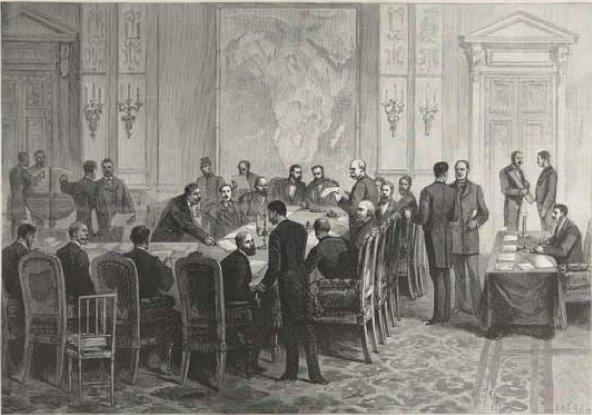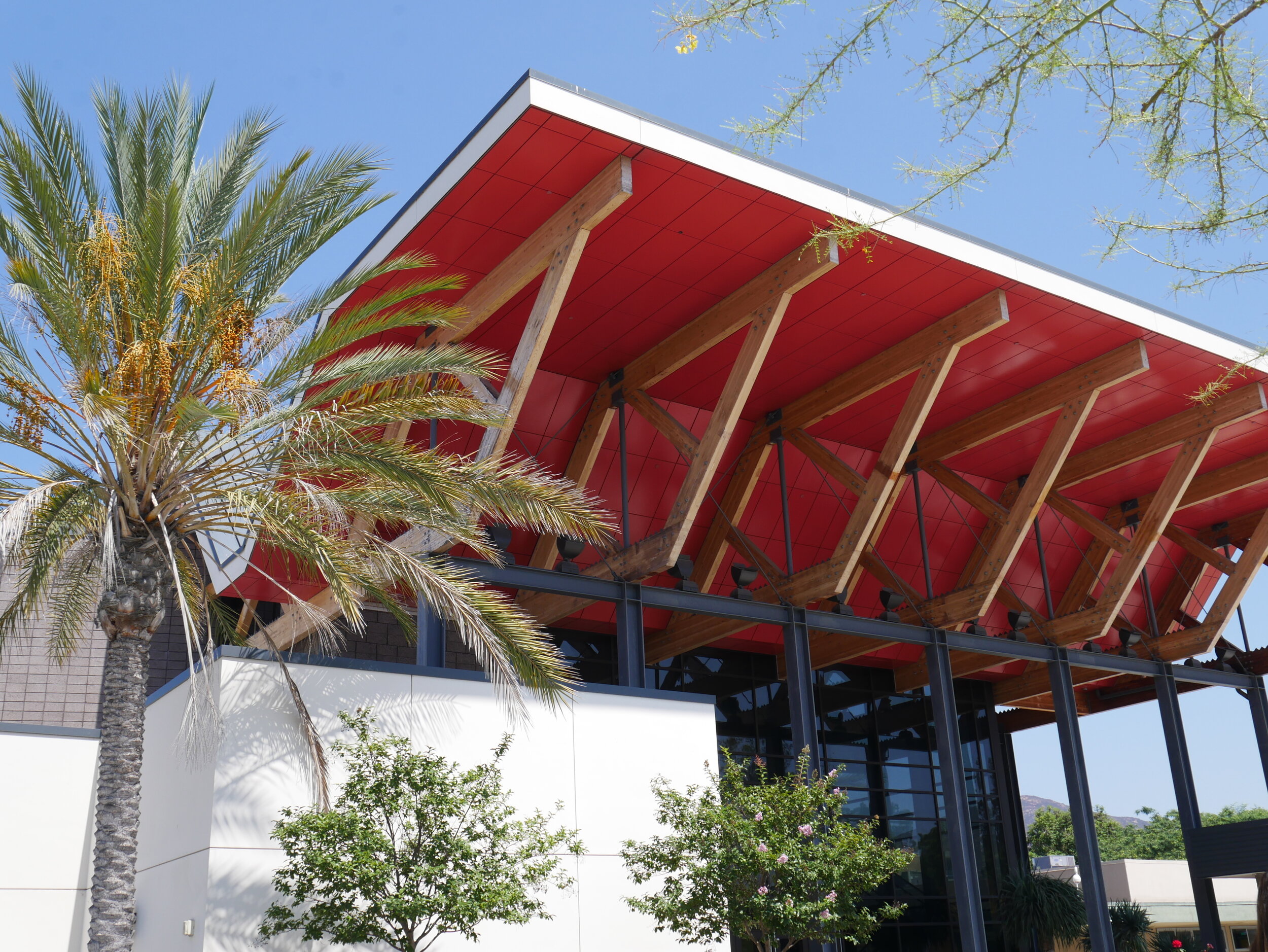
Specialized Agencies
Berlin Conference
Specialized Agency: Berlin Conference
The Berlin Conference took place against the backdrop of intense competition for colonies in Africa between established European powers in Africa such as France, Britain and Portugal, the emergence of the newly unified countries of Italy and Germany who looked for colonies of their own. At this time, all of Europe was experiencing rapid change due to the Industrial Revolution. With the Industrial Revolution, saw the rise in demand for new markets, more raw materials and more territory in Africa. The result was the “Scramble for Africa” which saw European nations aggressively seeking to establish colonies and spheres of influence in a region to enhance their economic and strategic interests.
Prior to the Berlin Conference, European spheres of power and influence were limited to coastal Africa at this time as Europeans had only established trading posts up to this point. With most of the interior of Africa not being known to Europeans. It wasn't until expeditions funded either by European governments or wealthy European patrons, with the purpose to map out the interior of Africa which had been known as the “White Man's Grave” due tropical diseases such as Malaria, Yellow fever and Rotavirus.
From 1878 to 1885, American explorer Henry Morgan Stanley returned to the Congo not as a reporter but as Leopold's agent, with the secret mission to organize what would become known as the Congo Free State soon after the closure of the Berlin Conference in August 1885. French agents discovered Leopold's plans, and in response France sent its own explorers to Africa. In 1881, French naval officer Pierre de Brazza was dispatched to central Africa, traveled into the western Congo basin, and raised the French flag over the newly founded Brazzaville in what is now the Republic of Congo. Finally, Portugal, which had essentially abandoned a colonial empire in the area, long held through the mostly defunct proxy Kingdom of Kongo, also claimed the area, based on old treaties with Restoration-era Spain and the Catholic Church. It quickly made a treaty on 26 February 1884 with its old ally, Great Britain, to block off the Congo Society's access to the Atlantic.
By the early 1880s, many factors including diplomatic successes, greater European local knowledge, and the demand for resources such as gold, timber, and rubber, triggered dramatically increased European involvement in the continent of Africa. Stanley's charting of the Congo River Basin during the mid 1870’s removed the last terra incognita from European maps of the continent, delineating the areas of British, Portuguese, French and Belgian control. These European nations raced to annex territory that might be claimed by rivals.
France, already the dominant European power in North Africa moved to take over Tunisia, one of the last of the Barbary states, using a claim of another piracy incident. French claims by Pierre de Brazza were quickly acted on by the French military, which took control of what is now the Republic of the Congo in 1881 and Guinea in 1884. Italy became part of the Triple Alliance, an event that upset Bismarck's carefully laid plans and led Germany to join the European invasion of Africa.
In 1882, realizing the geopolitical extent of Portuguese control on the coasts, but seeing penetration by France eastward across Central Africa toward Ethiopia, the Nile, and the Suez Canal, Britain saw its vital trade route through Egypt to India threatened. Because of the collapsed Egyptian financing and a subsequent mutiny in which hundreds of British subjects were murdered or injured, Britain intervened in the nominally Ottoman Khedivate of Egypt, which it controlled for decades.
The European race for colonies made Germany start launching expeditions of its own, which frightened both British and French statesmen. Hoping to quickly soothe the brewing conflict, Belgian King Leopold II convinced France and Germany that common trade in Africa was in the best interests of all three countries. Under support from the British and the initiative of Portugal, Otto von Bismarck, the Chancellor of Germany, called on representatives of 13 nations in Europe as well as the United States to take part in the Berlin Conference in 1884 to work out a joint policy on the African continent.
About Specialized Agencies
Specialized Committees are not like traditional crisis committees. Specialized committees are smaller committees than crises with a format of a GA committee. As such, Specialized Committee is a blend of both Crisis and General Assembly. Delegates will choose Plenipotentiaries who are diplomats who have full powers of authorization to sign a treaty or convention on behalf of a sovereign. Conventionally, any representations made or agreements reached with a plenipotentiary would be recognized and complied with by their government. Delegates will also have to be knowledgeable and represent their respective countries and colonial empires interests as Plenipotentiary during committee. Delegates are allowed to alter their positions during the conference as the committee is a specialized committee and can take different alternate paths than in our historical timeline.


